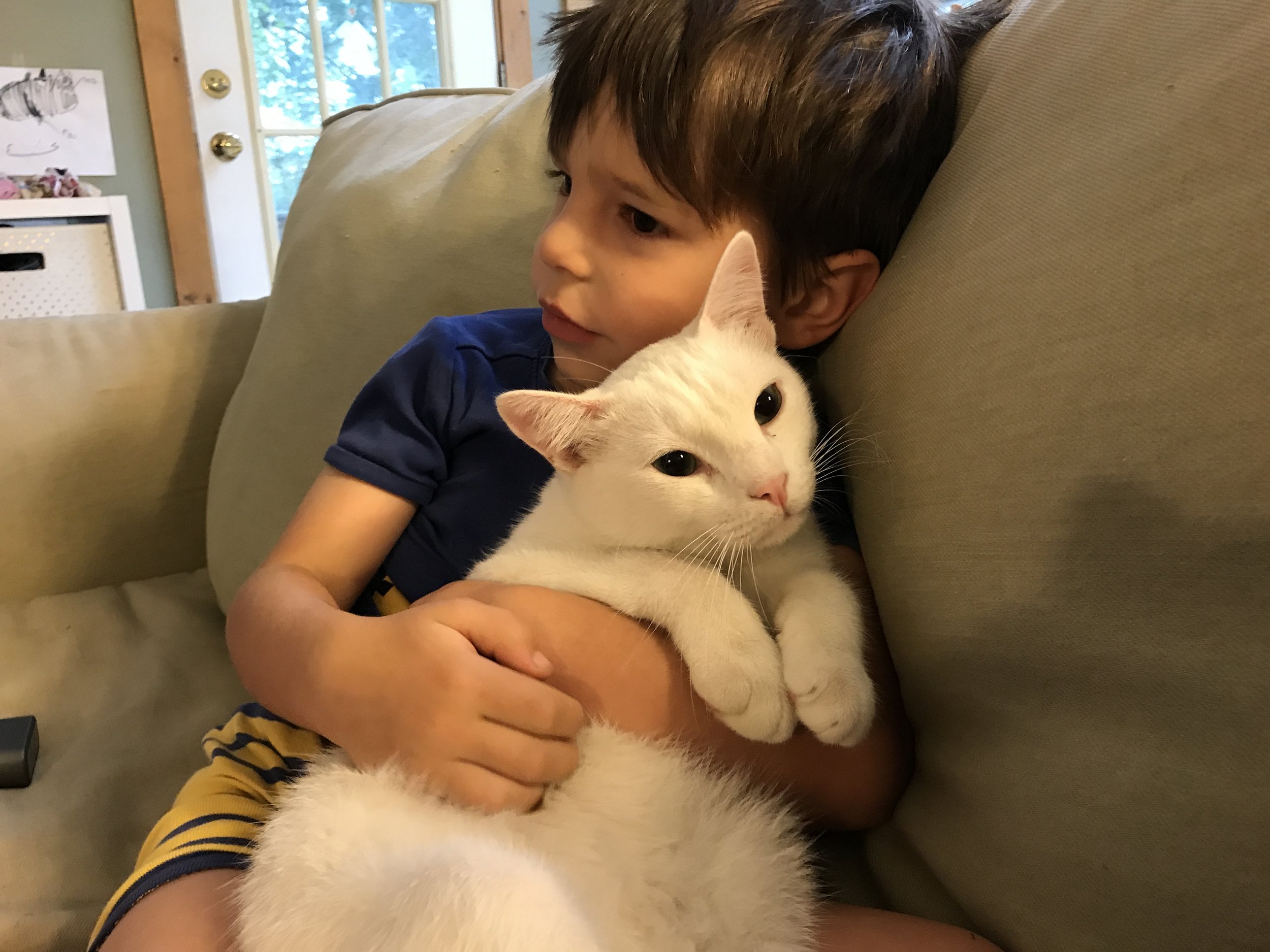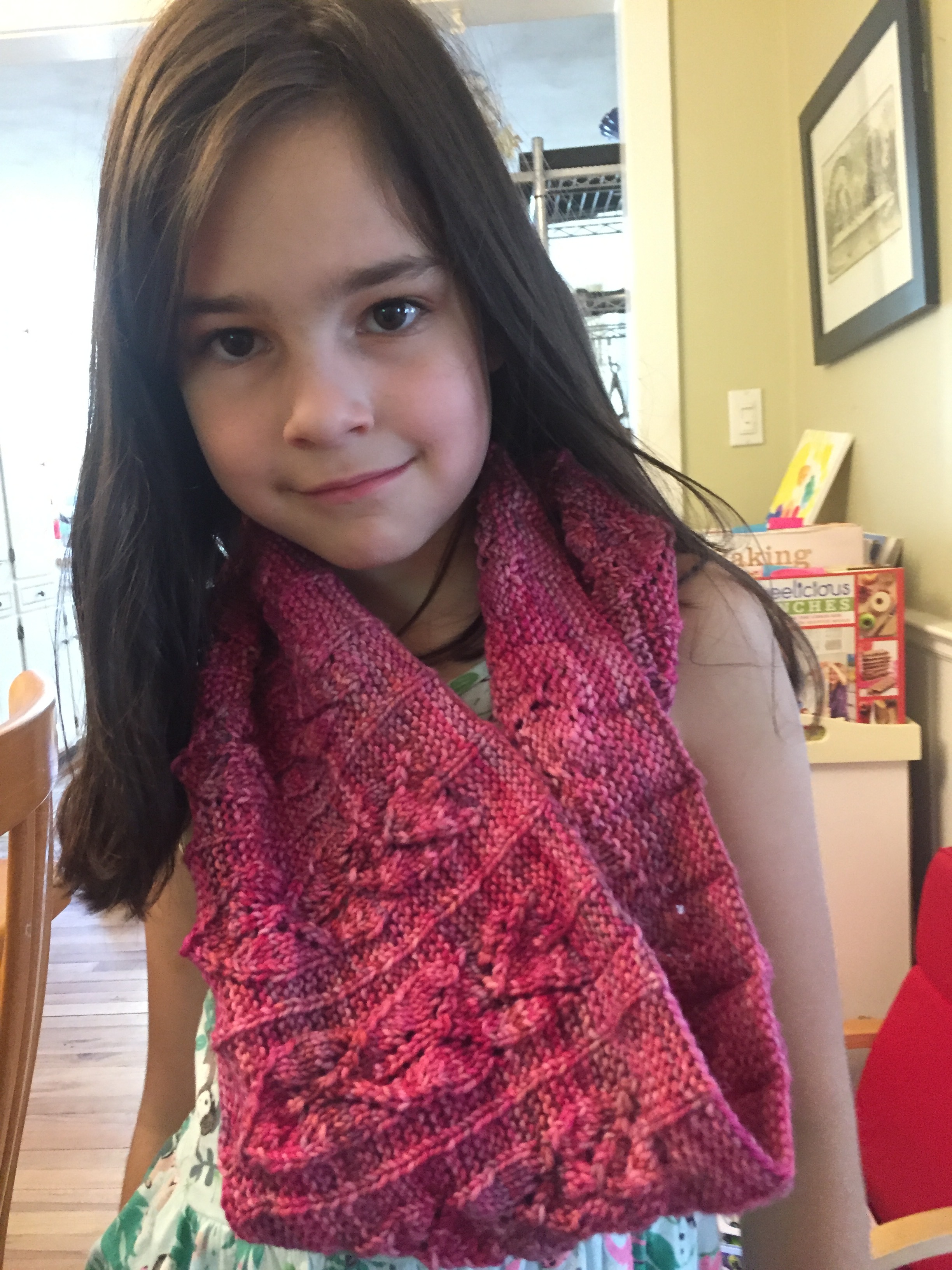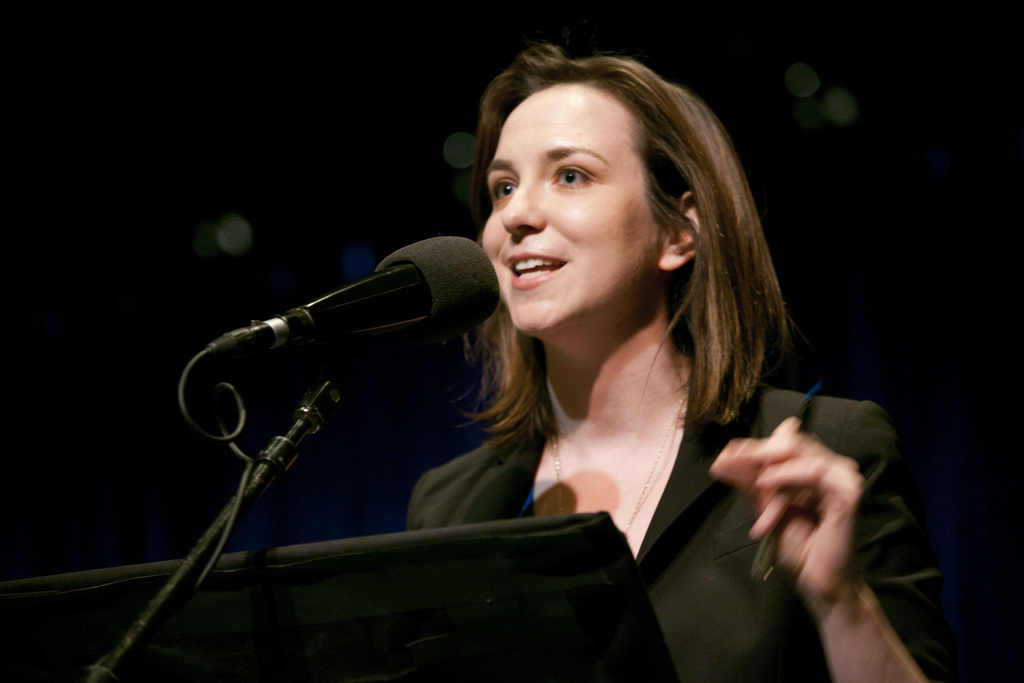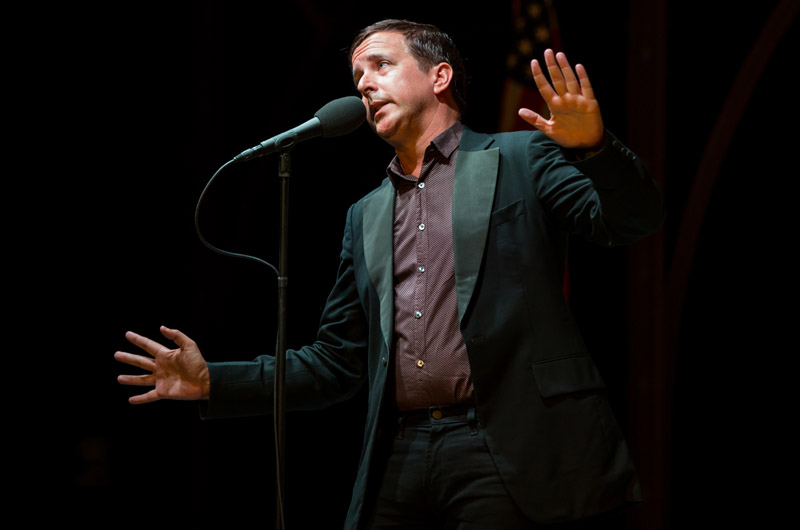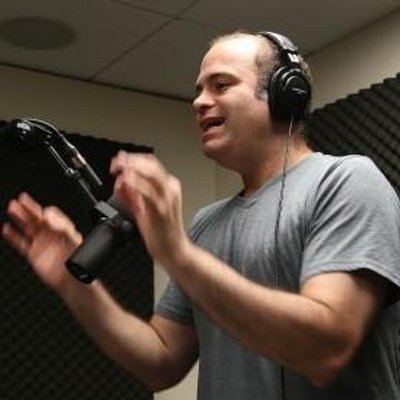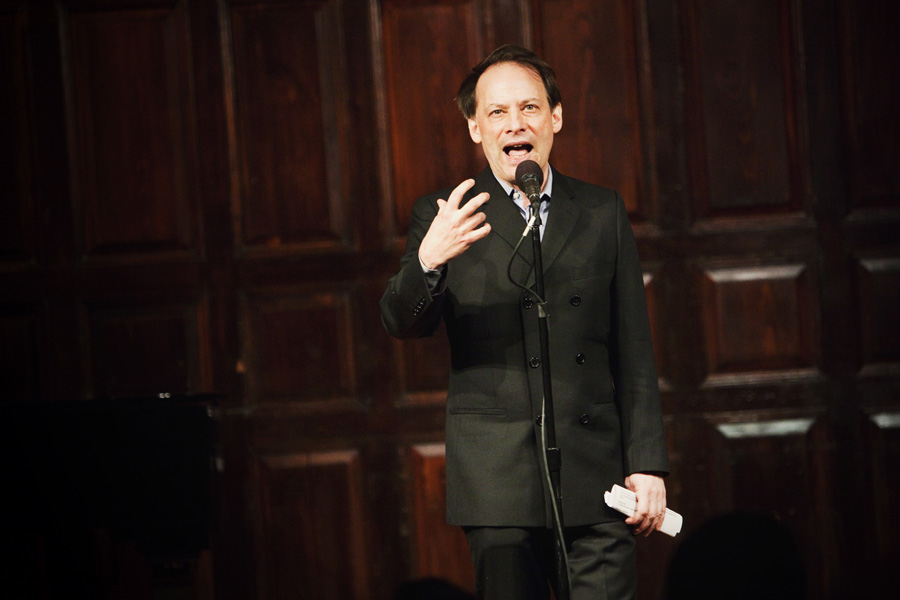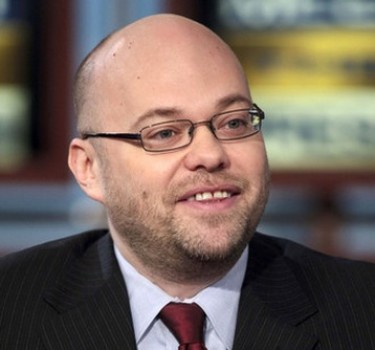Dan Kennedy is right. Reach out to people whose work means the world to you.
/Dan Kennedy, writer, storyteller, and Moth host, tweeted earlier this week:
(@DanKennedy_NYC) Gonna get better at sending notes to people whose work means the world to me. Feels fanboy, but beats waiting to send an RIP tweet.
I like this advice a lot.
I receive emails, tweets, and Facebook messages almost daily from readers around the globe who have liked my books and/or have questions about my stories. Every time I receive one of these messages, my heart skips a beat and I find myself more excited than ever about writing.
It occurs to me:
Despite all of this generosity from my readers, I've never followed their example and done the same.
In short, I'm a jerk.
Dan says that reaching out to people whose work I love feels a little fanboy, and perhaps that's why I've hesitated from doing so in the past.
That, and I really am a jerk.
But as a daily recipient of these messages from readers - this morning from a teenage girl in Newberg, Oregon - I can assure Dan and everyone else that it doesn't feel fanboy at all from the recipient's perspective.
It's a joy. A blessing. A spark that often arrives at the moment I needed it most.
Next month I begin deciding upon my goals for 2018, and I think this will be one of them. I will write to at least one person per month whose work I admire every month in 2018.
It's a good goal.
As a warm-up for 2018, I'll mention that Dan Kennedy - dispenser of this excellent advice - is someone who I admire a great deal.
I first heard Dan's voice back in 2008 when Elysha and I listened to his memoir Rock On: A Power Ballad together in the car. We loved that book. I listened to it again a few years later on my own.
I heard Dan's voice again in 2010 on The Moth's podcast. Each week he delivered new stories to my ears.
In July of 2011, I met Dan for the first time when I took the stage at the Nuyorican Poets Cafe and told my first story for The Moth. By then he was an icon in my mind. I couldn't believe I was standing beside him. Dan hosted my first Moth GrandSLAM a few months later (I lost to Erin Barker, someone else who I admire deeply and will probably write to in 2018), and then slowly, over the years, I've gotten to know him better and better as I attended and performed in more and more Moth events.
Eventually we performed together on The Moth's Mainstage. I listened to him tell stories for the first time about the death of his therapist and his ill-advised trip to find an enormous snake, and I was blown away. Those stories are still trapped inside my heart.
Dan is a brilliant performer. An incredibly gifted storytelling host. A talented storyteller.
But it's Dan's most recent novel, American Spirit, that I love most. I listened to that book on the way back from Maine last year, and I have never laughed so much by myself. There are certain books that are so exquisite that you remember exactly where you were while reading or listening to them, and American Spirit is one of those books for me.
I will never forget that too-bright sun, that impossibly blue sky, the blessedly open road, and Dan's voice, making the miles melt away.
It's a hilarious, poignant, brilliant book. You should read it.
Thank you, Dan, for sharing the book and your voice with the world.
I hope this doesn't feel too fanboy.


